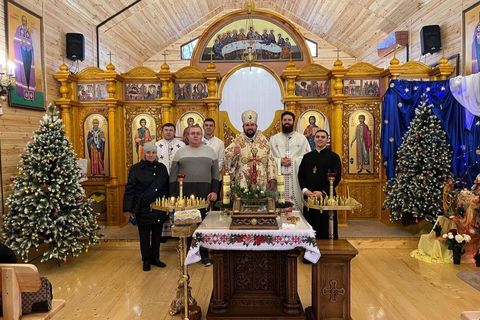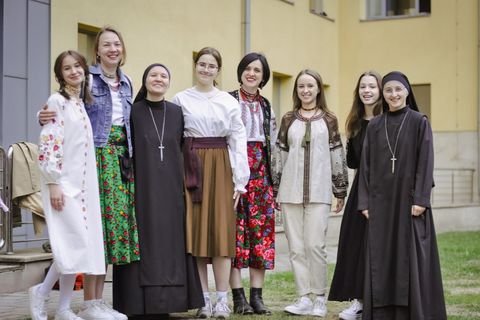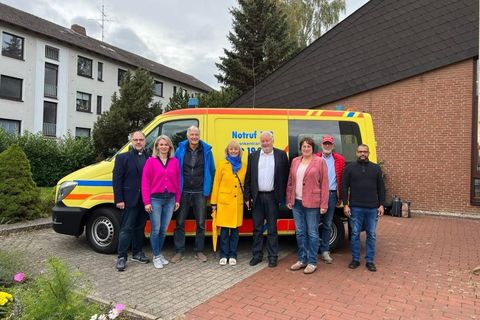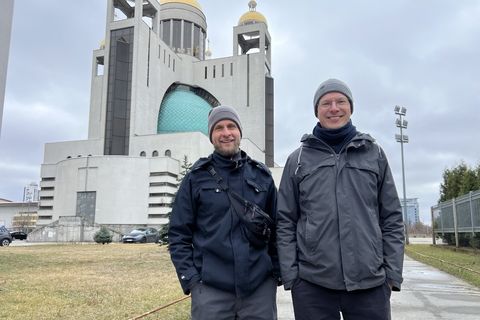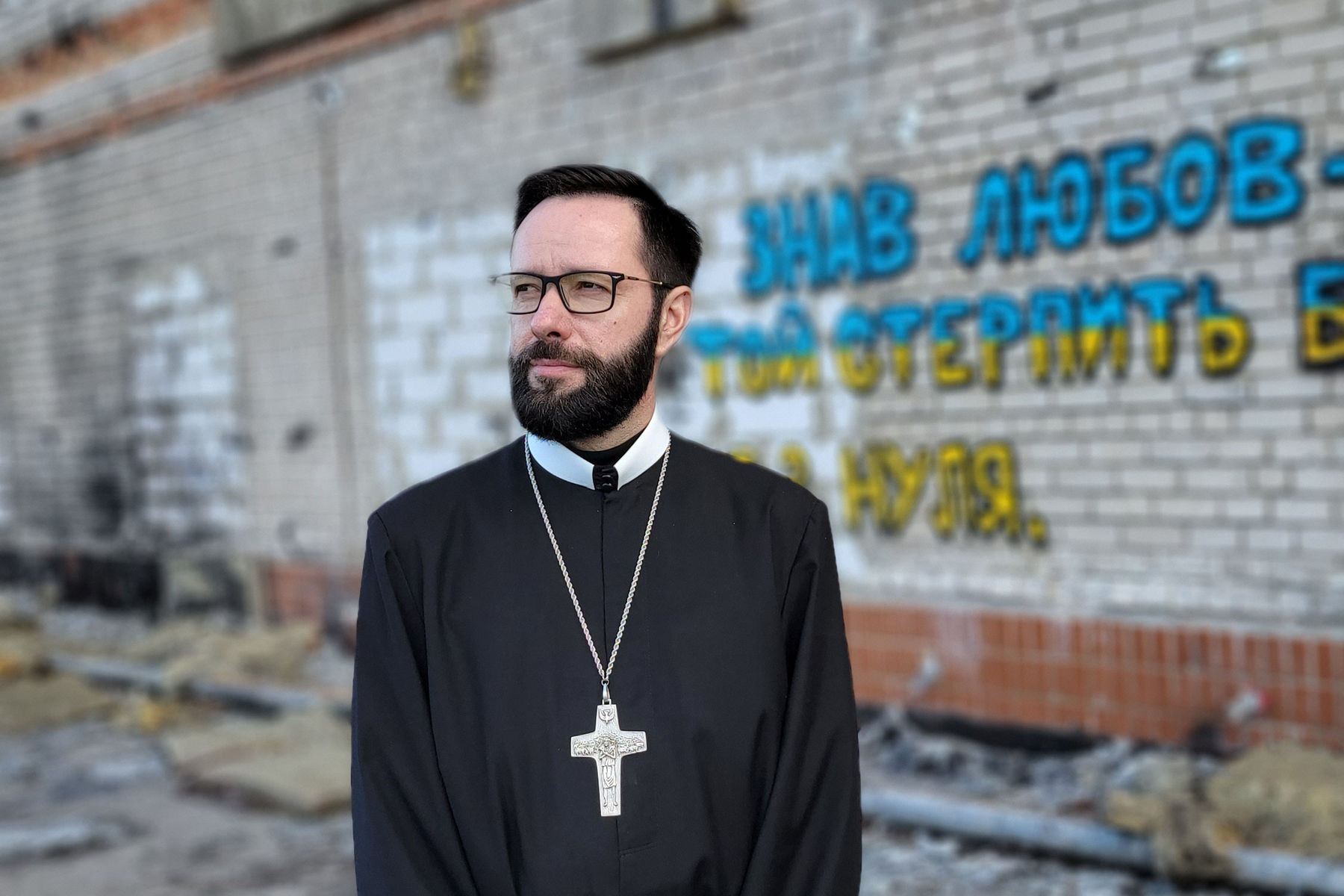
Father Ignatius in Kherson — a man of dangerous courage
Upon arriving in de-occupied Kherson, we immediately went to look for the Monastery of Volodymyr the Great of the UGCC of the Order of St. Basil the Great. We knew it had been under occupation, survived, and continues serving people.
We were met by the rector, Fr. Ignatius, who has been serving here for two and a half years. He and his brother Pio stayed together throughout the occupation, although they had the opportunity to leave. Father offers us coffee with cardamom, which he learned to make in Egypt. And over a cup of deliciously fragrant coffee, he tells us about the long months of occupation. However, it could be explained very simply — surviving to serve people.
— At the beginning of the full-scale invasion, not all people left. At first, the rich left, those who had businesses, money, and something to leave for, where and to whom. Mostly older people, low-income people, and families with many children stayed behind. My brother Pio and I also decided to stay here to serve them and look after the monastery and the church,” says the father modestly.
From the beginning of the full-scale invasion to the present day, the monastery, led by Fr. Ignatius, has been collecting and distributing humanitarian aid to people in need in Kherson and the surrounding area. Last week alone, the monks distributed 4000 food packages and 250 packages for children. Of course, local volunteers come to help, but the monks bear the burden.
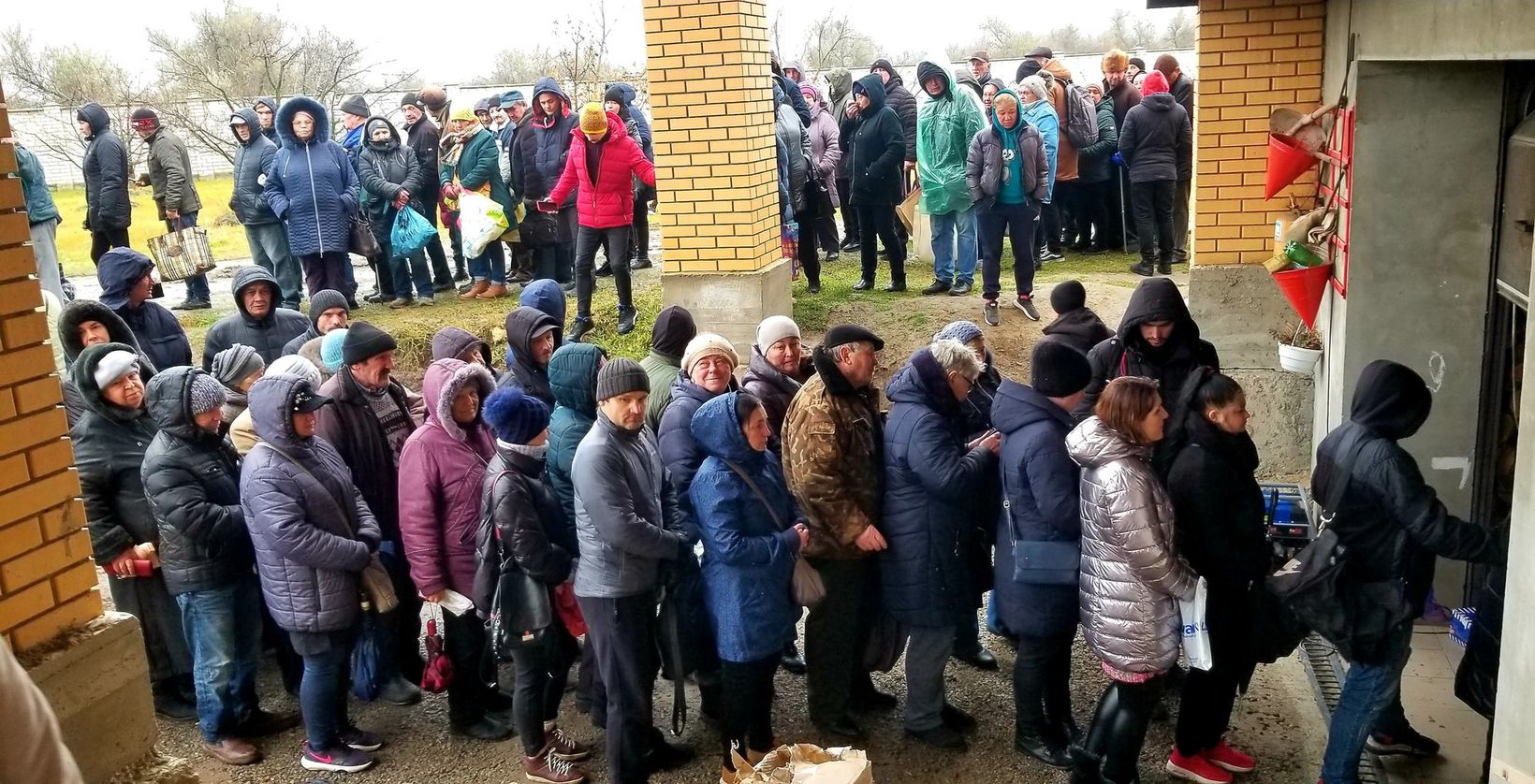
During the occupation, there was a Ukrainian corner in the church. People gathered here every day, for whom the monks prepared charity dinners, and then they all sang Ukrainian songs together.
To survive the occupation, the monks had to show great wisdom and prudence. The Russians were always watching them, listening to what the priest said during Sunday services, and sending homeless people who worked for the occupiers. They would come to the monastery, eat with everyone else, and try to sniff out something interesting. Father Ignatius and the others knew about this, so they did not do or say anything for which they could be prosecuted…
Fr. Ignatius, calls March and April hungry because the occupiers banned food imports from Ukraine and have not yet begun to import food from Russia. 1 kg of sugar costs 120 UAH, 1 kg of rice 100 UAH, and 1 liter of oil 120 UAH. In the monastery, the monks stocked up and prepared charity dinners. For three months, they distributed 100 food packages every Sunday, as long as they could buy something in supermarkets.
It was very difficult for the people of Kherson during the occupation, because they were constantly expecting to be treated like they were in Bucha. At the end of October, the occupiers began to actively call on the local population to leave Kherson because it would be destroyed. The robot called every two hours to urge people to leave the city. The occupiers began to actively pack up themselves. On The 6th of November is when they started exporting everything valuable.
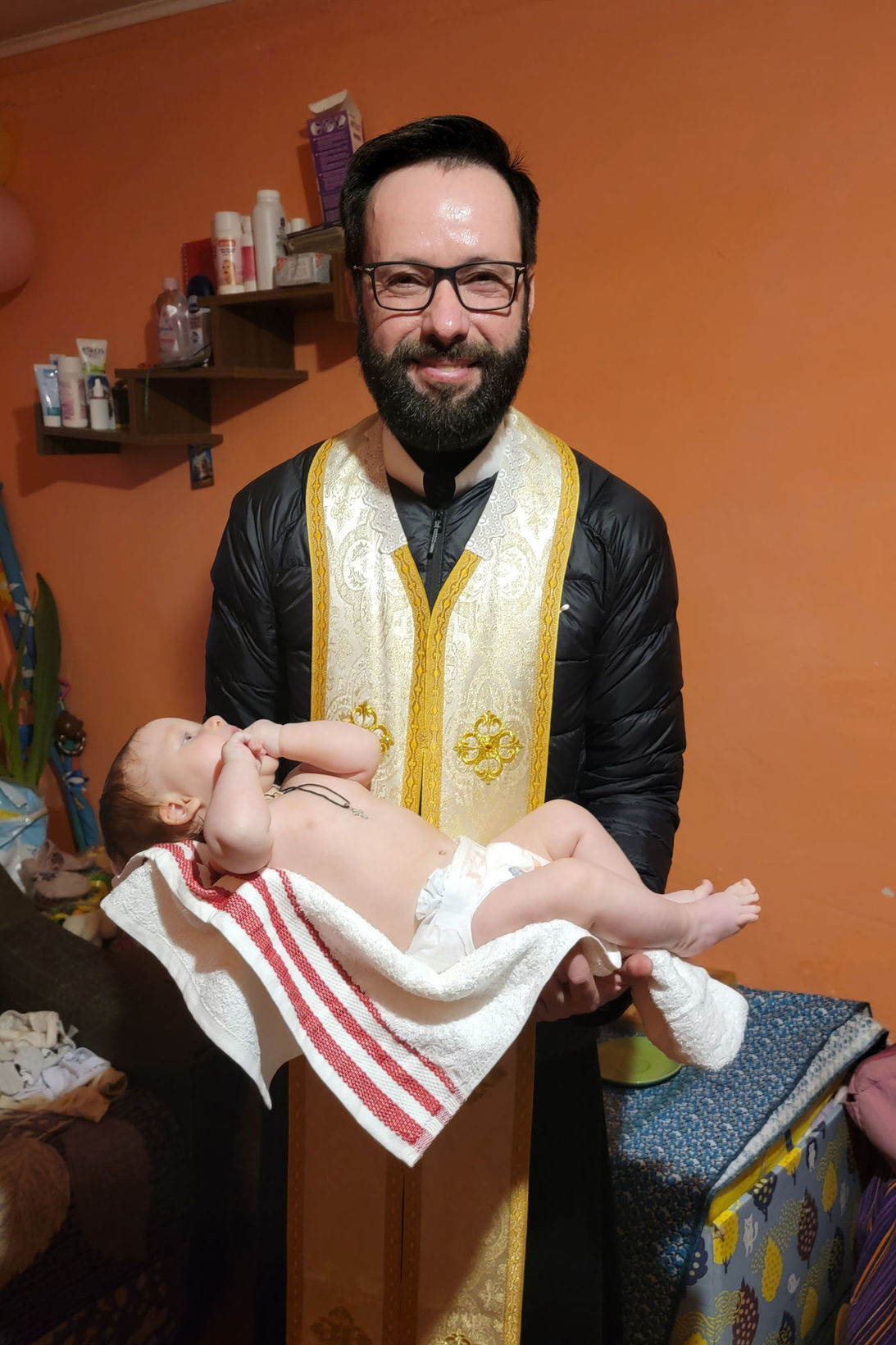
However, the monks were not going to leave the monastery this time either. Despite all the warnings, they decided to continue serving their people. To make such a decision, a person must be guided by heavenly courage.
Father Ignatius once decided to visit his priest friend in the village of Zmiivtsi. It is 90 km from Kherson. He put on his cassock and went. He had to overcome 20 Russian checkpoints. At his own risk, he used an ID card instead of a passport. He says that the occupiers had never seen such a document and did not know what it was, but they let him through.
Throughout our conversation, we could hear enemy artillery landings. However, this is so common that no one reacts.
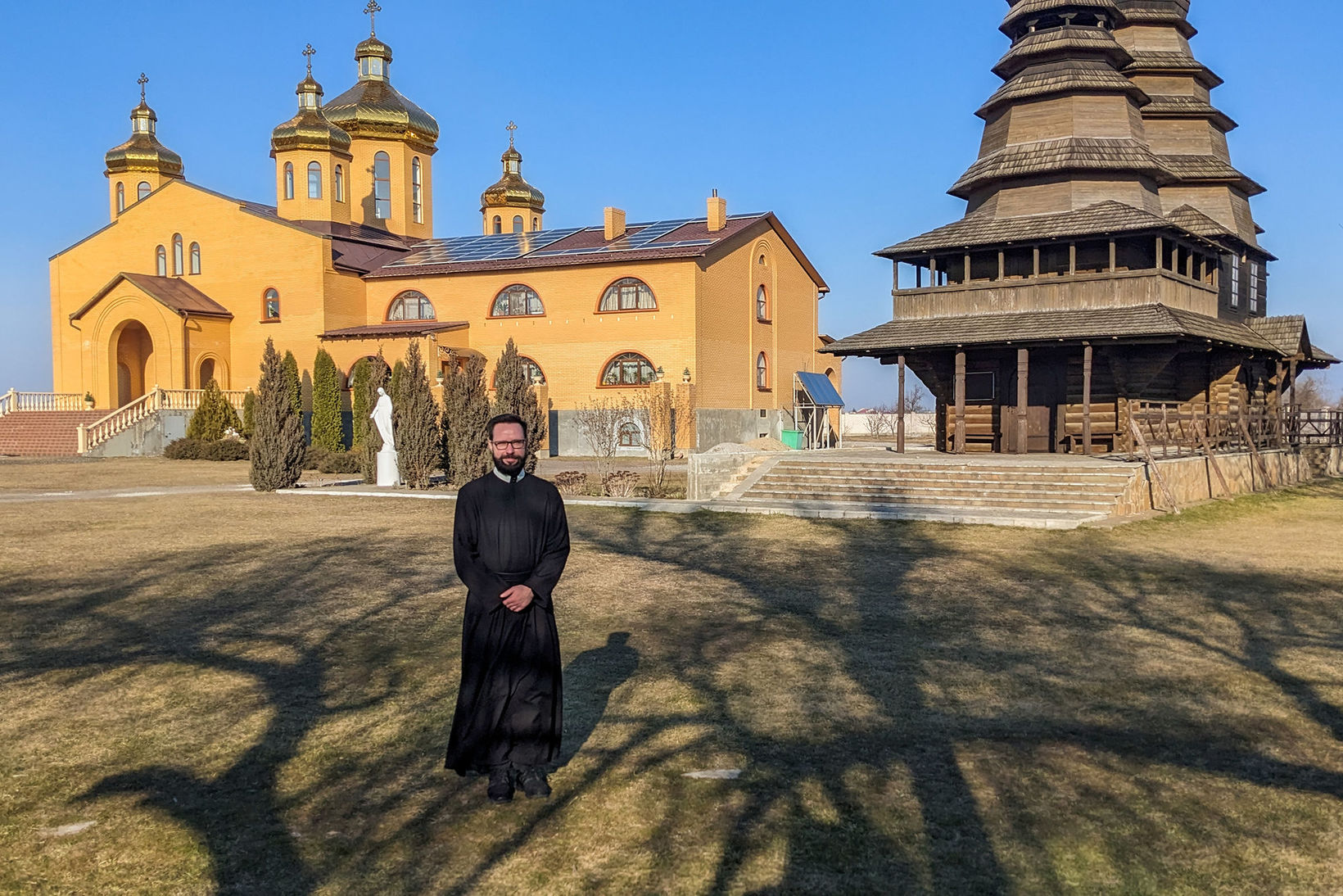
— Wasn’t it scary to stay?
— At first, yes. There was uncertainty and anxiety because we did not know how the Russian military would treat us. But a person gets used to everything, and my brother and I soon got used to the new circumstances. We just lived and worked. We did what a monk is supposed to do — pray and work. We also did pastoral work for people.
— What could you say about the people of Kherson?
— Some of those who did not leave had pro-Russian views and were waiting for the Russians to come…
At first, our regular parishioners came to the church, and later they started bringing friends and family members. And the number of parishioners increased. Today, 200–250 people come to the Liturgy.
— Has something changed inside the people?
— You see, the Soviet government was very skillful with this — it tried to take away faith in God by spreading atheism. This is what people here were brought up to believe.
Significant changes began after the Revolution of Dignity. Young people who spoke Ukrainian and had pro-Ukrainian views became more common…
I realized that it is difficult to convince older people because they have already formed personalities with stable ideologies. That is why we focus more on young people.
People in the West of Ukraine and the South are indeed brought up a little differently, hence the differences in mentality. But we are all Ukrainians, and we cannot say that people in the West are better than those in the South or East. People in the Kherson region are simply not as accustomed to going to church and do not have the experience of knowing God as in the West, where the communist regime was less dominant. In the South, people are sincere and good-natured in their own way, and I love them very much for that.
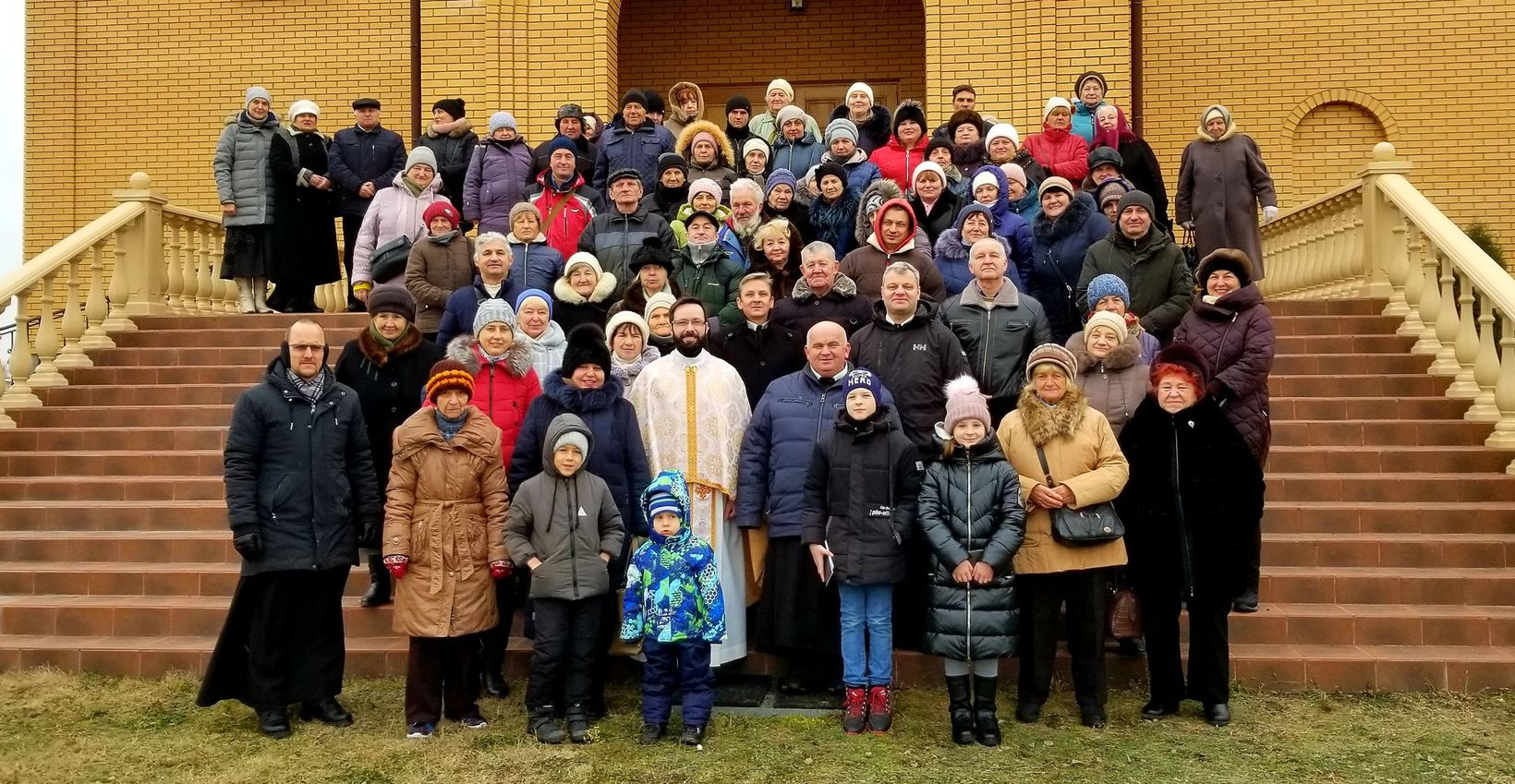
— A full-scale war has been going on in Ukraine for over a year now. And here, in Kherson, when there are daily shootings, it is felt like nowhere else. How do you feel about the war?
— As Pope Francis said, one cannot get used to war, one cannot get used to violence, blood, especially the blood of children, pain, and the chaos it brings. War is always something negative, alien to man, to his nature. So I treat it as a temporary negative phenomenon that brings pain and anxiety.
In my life, I try to choose to live outside of politics. I try to be just a person who leads others to God because I understand what faith is for a person, and who God is. When Russian soldiers came to me and asked me various political questions, I told them that I was not involved in politics and that I was only interested in God and serving my people.
— Aren’t you scared when there is a shooting?
— In the beginning, we even prepared a shelter in the basement for people who live nearby, because we realized that not everybody in the houses had one. We never closed the gates so that people could come and hide at any time. In the beginning, they came. But when we realized that Ukrainian troops would not target residential areas, people stopped hiding. We lived with a sense of security because we realized that our people would not shoot at their own.
After the de-occupation, the shootings from the Russian side started. Yes, we shouldn’t neglect security, but when I look at other affected cities, I begin to realize that it is impossible to be completely safe. Nowadays, a rocket or a shell can come at any time. But you always have to be careful.
— What do you try to convey to people the most?
— The rule I always follow when preaching is the attitude of a person toward God. And it is manifested in their attitude toward each other. Therefore, the most important thing is to convey to people the commandment of Jesus Christ to love one another as He has loved us. This is the philosophy that guides our monastery and me personally — to teach people to love each other. If everyone understood this, there would be no war.
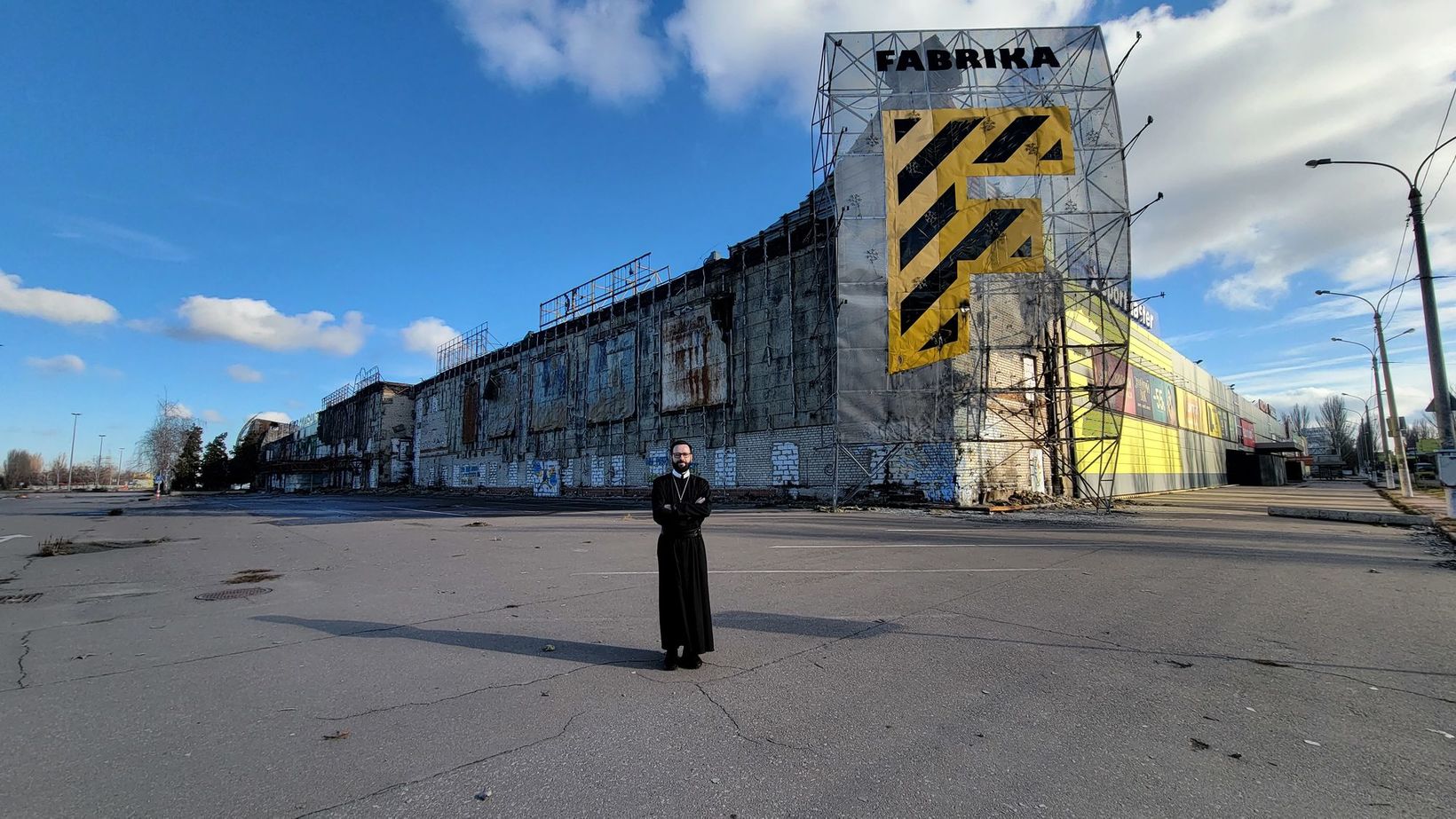
— You traveled to the West of Ukraine to have a little rest. How did your rehabilitation go?
— I needed some peace. I just wanted to sleep. In Kherson, there is a problem in that when the shootings start at 2–3 am, it is impossible to sleep afterward. Wakefulness often leads a person to depression and then everything starts to irritate… What I enjoyed most in the West was a peaceful sleep.
I also spent time alone, in silence, talking to God. This also helped me. If the military or other people need a psychologist, for me the best psychologist is the Lord God. I have learned to communicate with Him. I can not only talk to Him but also hear Him.
Oksana Klymonchuk, Yevhen Maksiuta